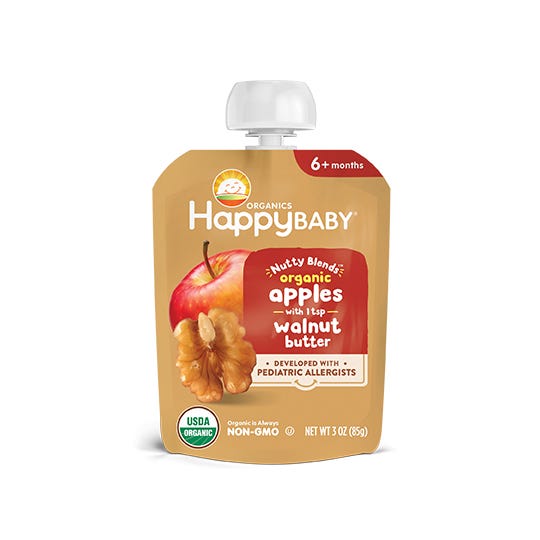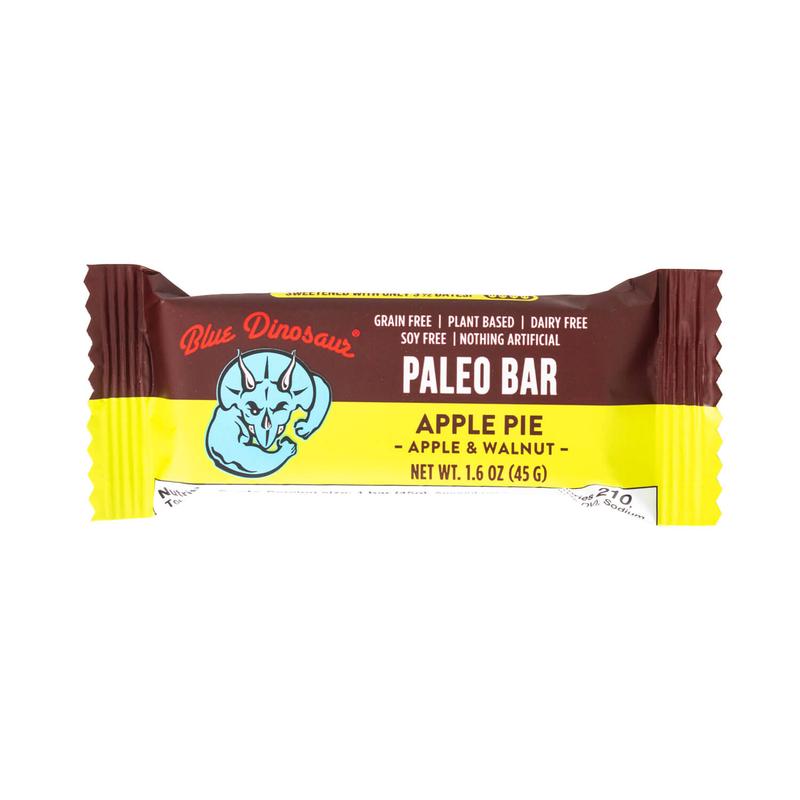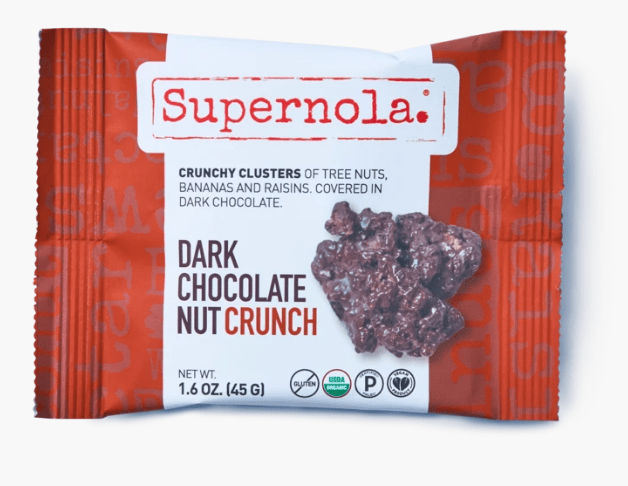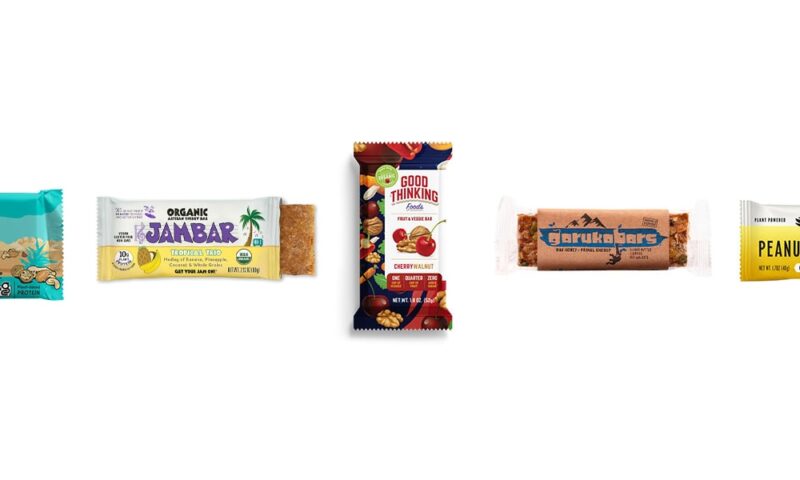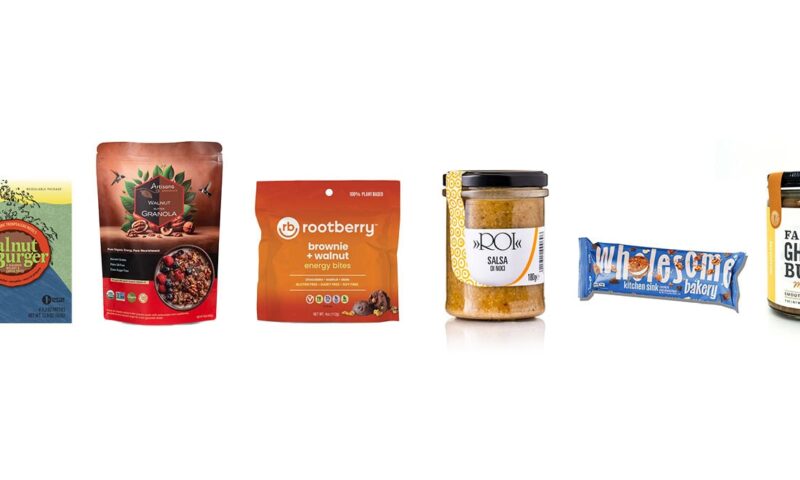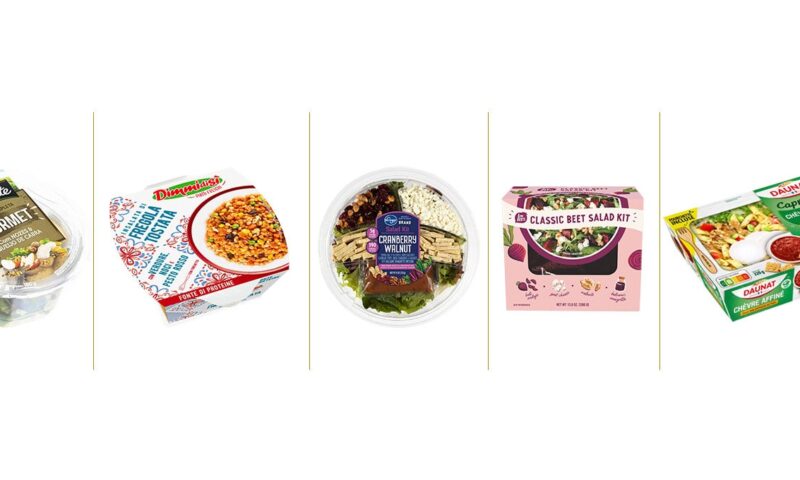Ask any parent: shopping with kids versus without is a completely different supermarket experience. Packaging and storytelling with characters, bright colors and magical words are designed to appeal to children, and parents are tasked with what to buy versus keep on the shelf. There’s a conversation happening between parents and children more than ever before regarding food and creating a better food experience intertwined with lifestyle, functionality and wholesome ingredients.
So, what do these conversations look like and how can food manufacturers capitalize on them through new product development that appeals to both kids and parents? For many parents, plant-based foods are playing a large role in these conversations. IFT reports that households with kids are among the most likely to have increased their use of plant-based foods. In addition, a survey of millennials, who are now becoming parents, found that convenience, quality and transparency in food sourcing would be top factors influencing what foods parents will choose for themselves and their children.
Plant-forward, convenience, quality and transparency are driving purchasing decisions and walnuts can be used to satisfy each of these attributes. Plus, walnuts are a whole, nutritious ingredient that can be eaten as a snack or used to enhance a cereal, food bar, plant-based burger or a dairy-free sauce.
Walnuts also can be used to give products more nutrition benefits, something all parents can appreciate when feeding their kids. Walnuts are certified through the American Heart Association’s Heart-Check program*, and it’s never too early to have a healthy ticker. Additionally, walnuts are a rich source of omega-3 alpha-linolenic acid (2.5g/oz), along with offering a variety of antioxidants** (3.721 mmol/oz). Studies also show that certain foods can contribute to positive changes in the gut, and walnuts may play a role in gut health, including increasing the amount of beneficial bacteria in the gut.
Let’s take a look at some made with walnut products that appeal to kids and can help parents get their children started on a more nutritious food choice track.
Nutty Blends Apples and Walnut Butter, Organics HappyFamily
Served in a pouch, this walnut butter is blended with apple puree and designed to introduce babies to tree nuts in their diets. Developed with pediatric allergists, this Nutty Blends Apples & Walnut Butter variety is appropriate for children six months of age and older.
Apple Pie Paleo Bar, Blue Dinosaur
Every kid loves a good dinosaur, and Blue Dinosaur’s bar is delicious, portable and nutritious. Made with walnuts, dates, cinnamon and coconut oil, there are no artificial ingredients in this bar. It’s free of preservatives, gluten, grains, soy and dairy.Dark Chocolate Nut Crunch, Supernola
Kids who love chocolate will love these portable clusters from Supernola. They’re made with walnuts and bananas woven together with decadent dark chocolate. They’re, tasty, plant-based, and perfect to throw in a lunch box or take on-the-go.*Supportive but not conclusive research shows that eating 1.5 ounces of walnuts per day, as part of a low saturated fat and low cholesterol diet and not resulting in increased caloric intake, may reduce the risk of coronary heart disease. (FDA) One ounce of walnuts offers 18g of total fat, 2.5g of monounsaturated fat, 13g of polyunsaturated fat including 2.5g of alpha-linolenic acid – the plant-based omega-3. Heart-Check Certification does not apply to scientific research by an organization other than the American Heart Association, unless expressly stated.
** Walnuts offer a variety of antioxidants (3.721 mmol/oz), including polyphenols (69.3 ± 16.5 μmol catechin equivalents/g) and gamma tocopherol (5.91 mg/ounce). The data for antioxidant capacity of foods generated by test-tube methods cannot be extrapolated to human effects. Clinical trials to test benefits of dietary antioxidants have produced mixed results.

